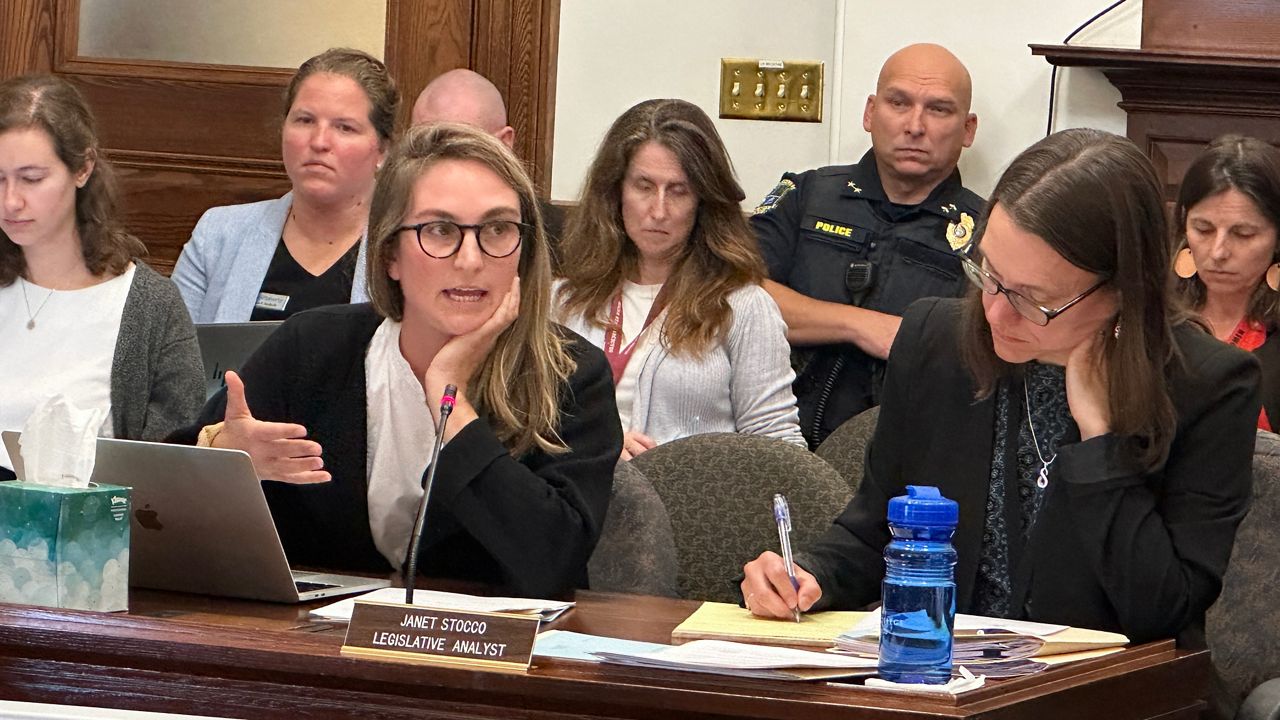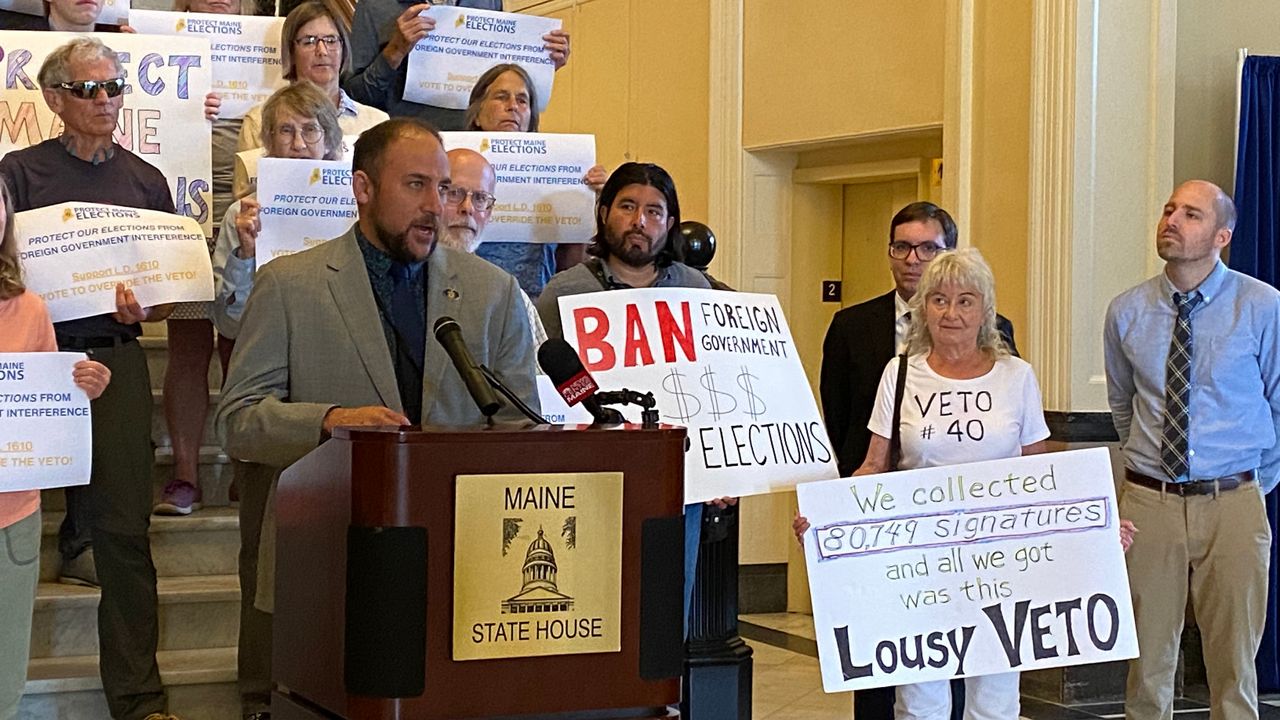A mother whose son was murdered in 2006 asked a state panel Friday to reinstate parole in Maine, saying she’s forgiven her son’s killer.
Felicity Ferrell of Bristol told the Commission to Examine Reestablishing Parole that Steven Clark killed her son and buried his body after a night of drinking and drug use. Her son, Robert Wagner, 28, was a local businessman and mortgage loan officer, according to his obituary in the Portland Press Herald.
In the years since, Ferrell has visited Clark at the state prison and speaks to him by phone.
“As a Christian, I decided forgiveness was the best way for me to get past it,” she said. “It was terrible, terrible for us. But I can’t go on holding that grudge all my life. I would support him being paroled now.”
Maine abolished its parole system in 1976, during a time of “strict law and order,” Rep. Jeff Evangelos, a Friendship independent, said in 2021 while testifying in support of his bill to bring parole back. That bill led to the creation of the commission, which has until November to make recommendations to the next Legislature.
Maine is one of 16 states without parole or with “severely curtailed parole,” according to prisonpolicy.org.
As part of the commission’s review, Maine Department of Corrections Commissioner Randall Liberty outlined the programs the state uses instead of parole, including time off for good behavior and Supervised Community Confinement.
Commission Chairwoman Rep. Charlotte Warren (D-Hallowell) said lawmakers recently worked with the Department of Corrections to get more people into programs that get them ready to be released.
“The reason we did that is because we don’t have parole and people were serving super long sentences reaching all opportunities we could give them for corrections, even to the point of earing a PHD, and still not have any way of coming out and join the society and become a productive member,” Warren said.
Evangelos said his primary concern is for people who were young when they committed their crimes and received long sentences. He said corrections officers now wield a lot of power to decide when inmates get time off their sentences and that he thinks it’s necessary to set up an independent parole board rather than rely on those in the system.
Sen. Scott Cyrway (R-Albion), a retired deputy sheriff, said many who receive long sentences are repeat offenders or those who have committed serious crimes.
“I am concerned if you think that reducing at a quick rate would be not really doing justice for the victims of the crime,” he said. “We really have to be careful about that.”
Francine Stark of the Maine Coalition to End Domestic Violence said victims express a range of opinions when it comes to parole. She raised questions about whether there are enough programs to help victims and former inmates who will likely return to the community in which their crime occurred.
If a parole system is put in place, victims will need to be prepared, she said.
“Any system of parole would include periodic parole hearings, causing victims to re-live traumatic events and experience the same debilitating uncertainty and strain they experienced through the initial adjudication process,” Stark said.
For Ferrell, the state’s lack of a public defender office — Maine is the only state that hires private attorneys to represent poor defendants — has meant inadequate legal representation for many accused of crimes.
“I believe that many of these men have rehabilitated themselves, going through college, getting degrees, are really ready to be released,” she said. “People who have served 15 years or so should have a chance to go before an independent parole board.”






)

